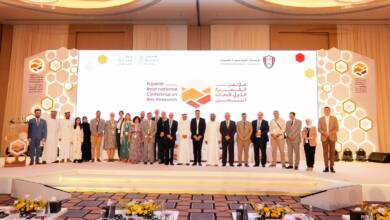Towards Progress for Widows
Now more than ever, this day is an opportunity for action towards achieving full rights and recognition for widows. This includes providing them with information on access to a fair share of their inheritance, land and productive resources; pensions and social protection that are not based on marital status alone; decent work and equal pay; and education and training opportunities. Empowering widows to support themselves and their families also means addressing social stigmas that create exclusion, and discriminatory or harmful practices.
Furthermore, Governments should take action to uphold their commitments to ensure the rights of widows as enshrined in international law, including the Convention on the Elimination of All Forms of Discrimination Against Women and the Convention on the Rights of the Child. Even when national laws exist to protect the rights of widows, weaknesses in the judicial systems of many States compromise how widows’ rights are defended in practice and should be addressed. Lack of awareness and discrimination by judicial officials can cause widows to avoid turning to the justice system to seek reparations.
Programmes and policies for ending violence against widows and their children, poverty alleviation, education and other support to widows of all ages also need to be undertaken, including in the context of action plans to accelerate achievement of the Sustainable Development Goals.
In post-conflict situations, widows should be brought in to participate fully in peacebuilding and reconciliation processes to ensure that they contribute to sustainable peace and security.
And in the context of COVID-19, widows must not be left out of our work to “build back better”. Let us ensure that our recovery prioritizes their unique needs and supports societies to be more inclusive, resilient and equal for all.




